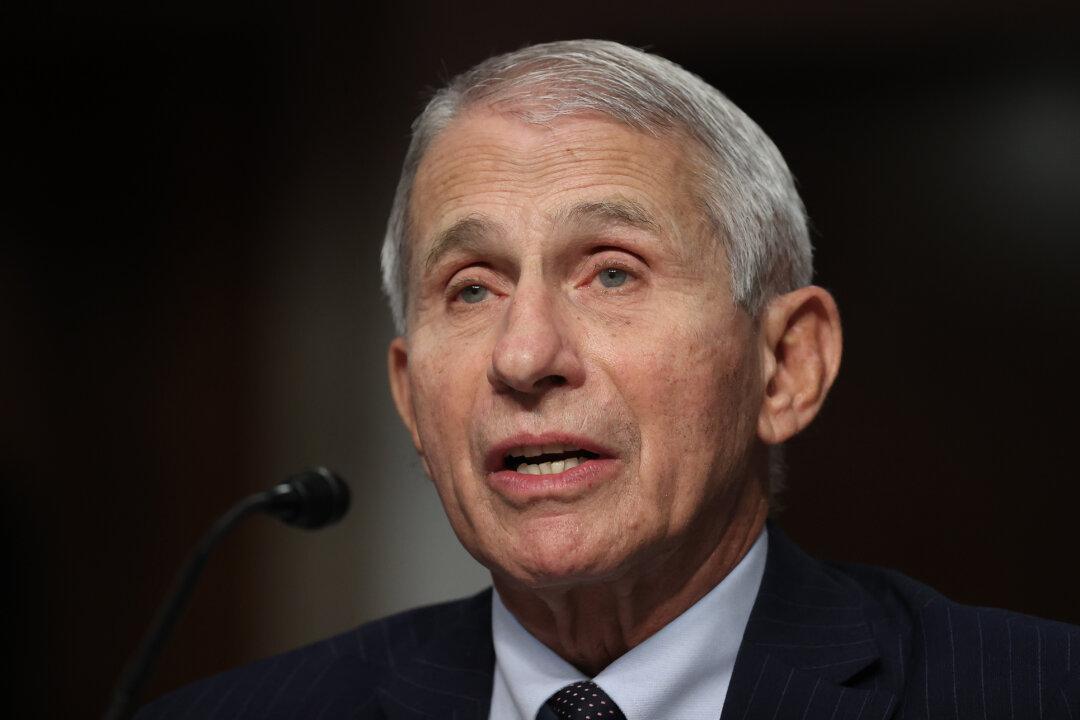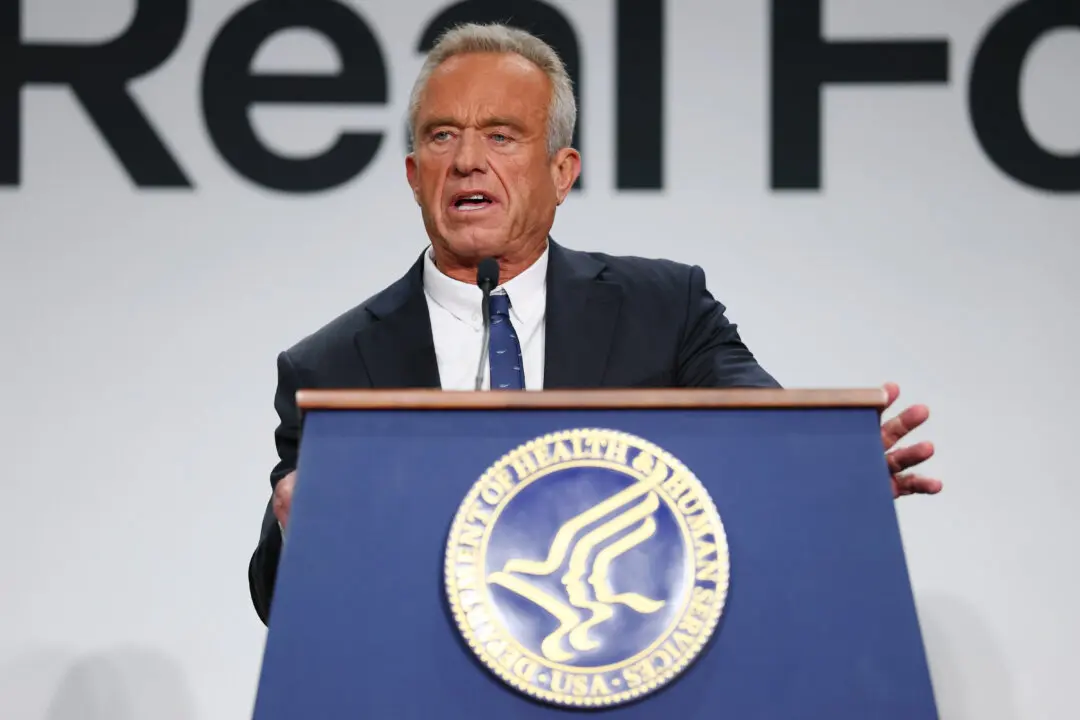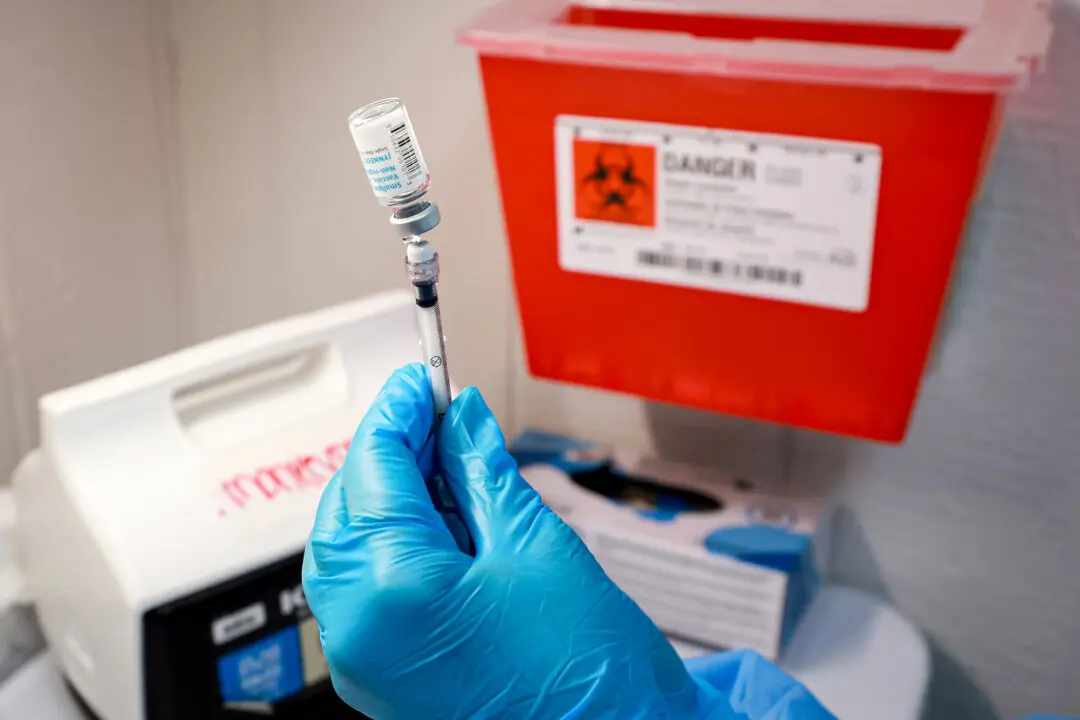The United States banned travel from southern African countries to try to delay the introduction of a newly detected virus variant, White House chief medical adviser Dr. Anthony Fauci said on Nov. 27.
“The issue of blocking travel from a given country is to just give us time to assess it better—that’s the reason for doing that, not any reason to panic,” Fauci, the longtime director of the National Institute of Allergy and Infectious Diseases, said on the “Today” show.





